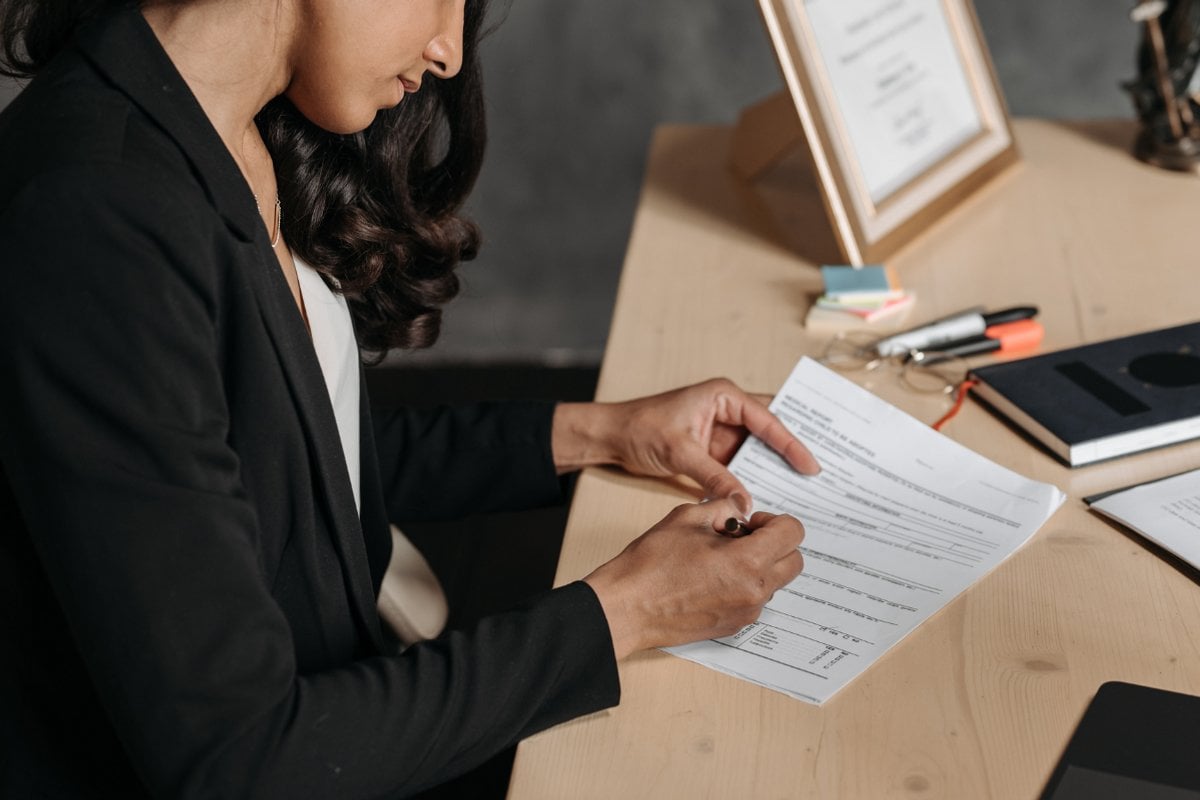
The cost of leaving a violent partner is astronomical. It's even more financially taxing when children are involved, and the matter goes to family court.
As one victim-survivor and mum of two girls recently told Mamamia: "I have spent $300,000 in legal costs. I am exhausted. There needs to be a drastic change in how we deal with domestic violence which doesn't retraumatise the victim, especially in the courts."
Some in the industry say many community legal centres and some family law firms are rethinking their service models to align with what ordinary people can afford. It's undoubtedly a step in the right direction.
We spoke to two experts in the field, specifically when it comes to victim-survivors and the legal services offering free and affordable help.
Free case evaluations.
There are some law firms, though they are few in numbers, that offer free case evaluations and free upfront consultations. With a bit of research and digging, you might find one suited to you.
Senior family law professional Dr Maree Livermore is the Founder and CEO of Tribe Family Lawyers, as well as the author of the plain-English Family Law Handbook. She tells Mamamia that 70 per cent of her clients are women, many of whom have coercive control and domestic violence in their profile.
"I'm very happy to talk to people in our free case evaluation service. I can talk women through their next steps in the separation and family law process. The fundamental elements include legal and practical steps to protect themselves, their children and their financial interests but they also include psychological support," notes Dr Livermore.

Top Comments